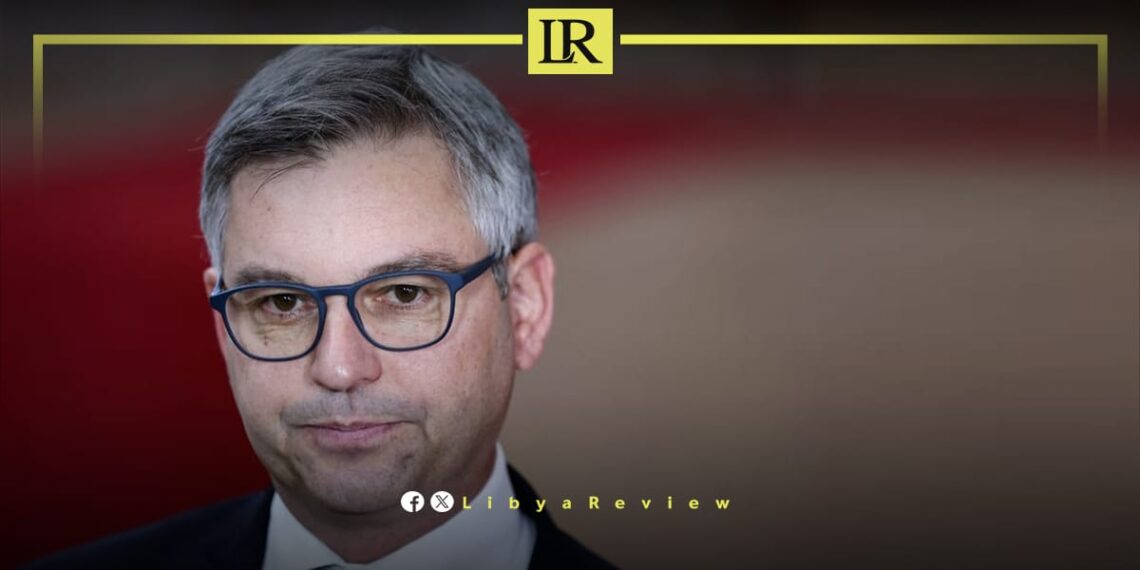A European Union initiative to curb irregular migration from North Africa unravelled this week after Libya’s eastern authorities expelled EU Migration Commissioner Magnus Brunner and his delegation from Benghazi. The incident has triggered diplomatic fallout across Europe and highlighted growing fractures within the EU’s approach to the migration crisis, according to Politico newspaper.
Brunner, who was leading a high-level delegation that included interior ministers from Italy, Greece, and Malta, was declared “persona non grata” by forces aligned with Field Marshal Khalifa Haftar. The group had arrived in Benghazi after holding talks with Libya’s UN-recognised government in Tripoli.
The eastern Libyan administration, not internationally recognised, objected to the EU delegation’s refusal to include its senior officials in the meetings. According to sources familiar with the visit, Haftar demanded the presence of his government ministers in the talks. When the EU officials reportedly agreed only on the condition of no photographs being taken, Haftar rejected the terms and ordered the group to leave.
The diplomatic debacle has sparked a blame game across EU capitals. Greek Foreign Minister Giorgos Gerapetritis said the mission was entirely coordinated by the European Commission, citing a “failure to adhere to diplomatic protocol.” Italian Interior Minister Matteo Piantedosi echoed similar concerns, attributing the cancellation to Libyan resentment over “excessive zeal” by EU officials.
A Commission spokesperson described the incident as a “protocol issue” but affirmed that the EU remains committed to its engagement in Libya.
Greece, facing increasing arrivals from Libya via Crete, has announced emergency measures. Prime Minister Kyriakos Mitsotakis confirmed a new law suspending asylum application reviews for arrivals from North Africa by sea for three months.
The incident raises serious questions over the EU’s coordination, credibility, and effectiveness in addressing migration challenges in Libya.


